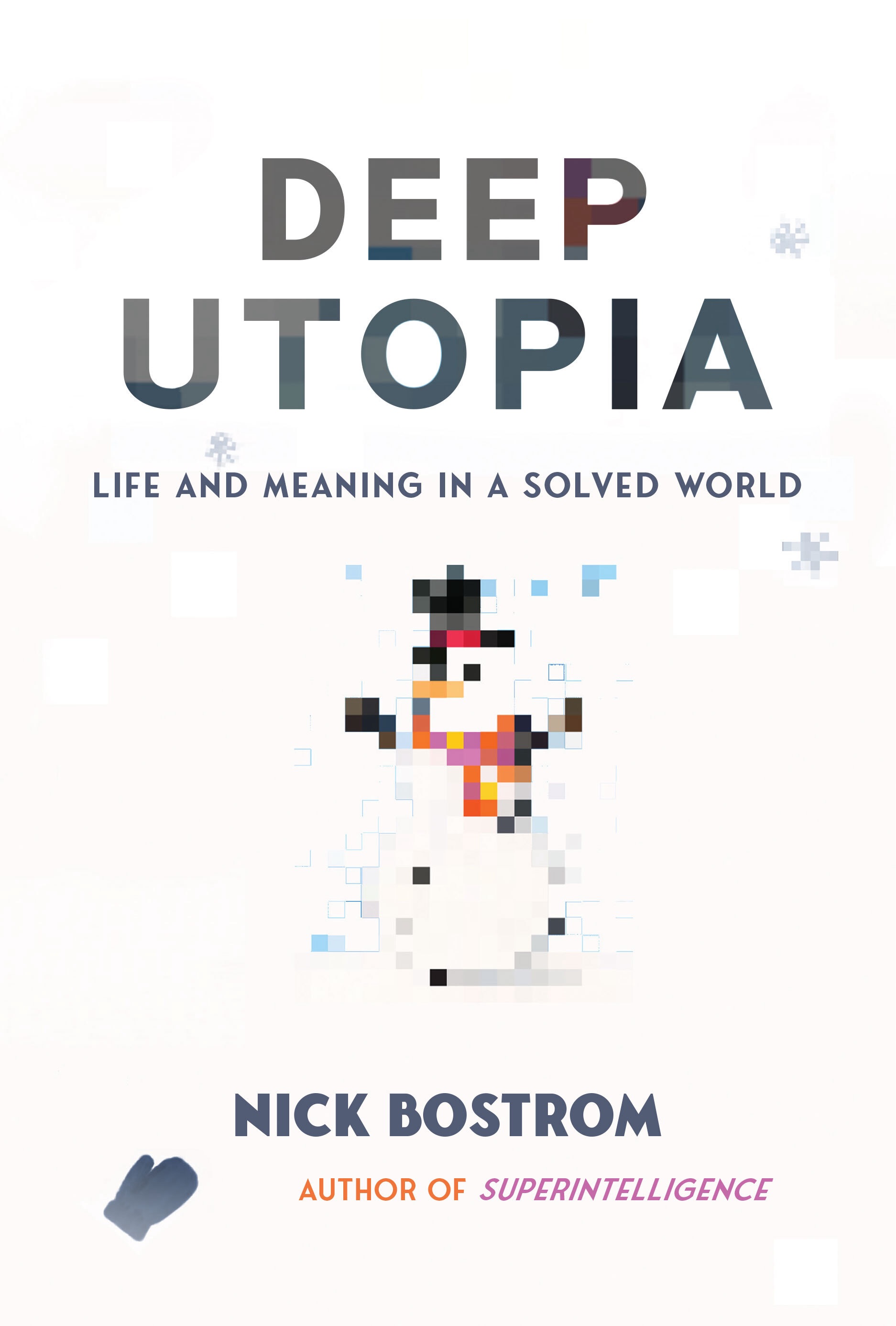A greyhound catching the mechanical lure—what would he actually do with it? Has he given this any thought?
Bostrom’s previous book, Superintelligence: Paths, Dangers, Strategies changed the global conversation on AI and became a New York Times bestseller. It focused on what might happen if AI development goes wrong. But what if things go right?
Suppose that we develop superintelligence safely, govern it well, and make good use of the cornucopian wealth and near magical technological powers that this technology can unlock. If this transition to the machine intelligence era goes well, human labor becomes obsolete. We would thus enter a condition of "post-instrumentality", in which our efforts are not needed for any practical purpose. Furthermore, at technological maturity, human nature becomes entirely malleable.
Here we confront a challenge that is not technological but philosophical and spiritual. In such a solved world, what is the point of human existence? What gives meaning to life? What do we do all day?
Deep Utopia shines new light on these old questions, and gives us glimpses of a different kind of existence, which might be ours in the future.
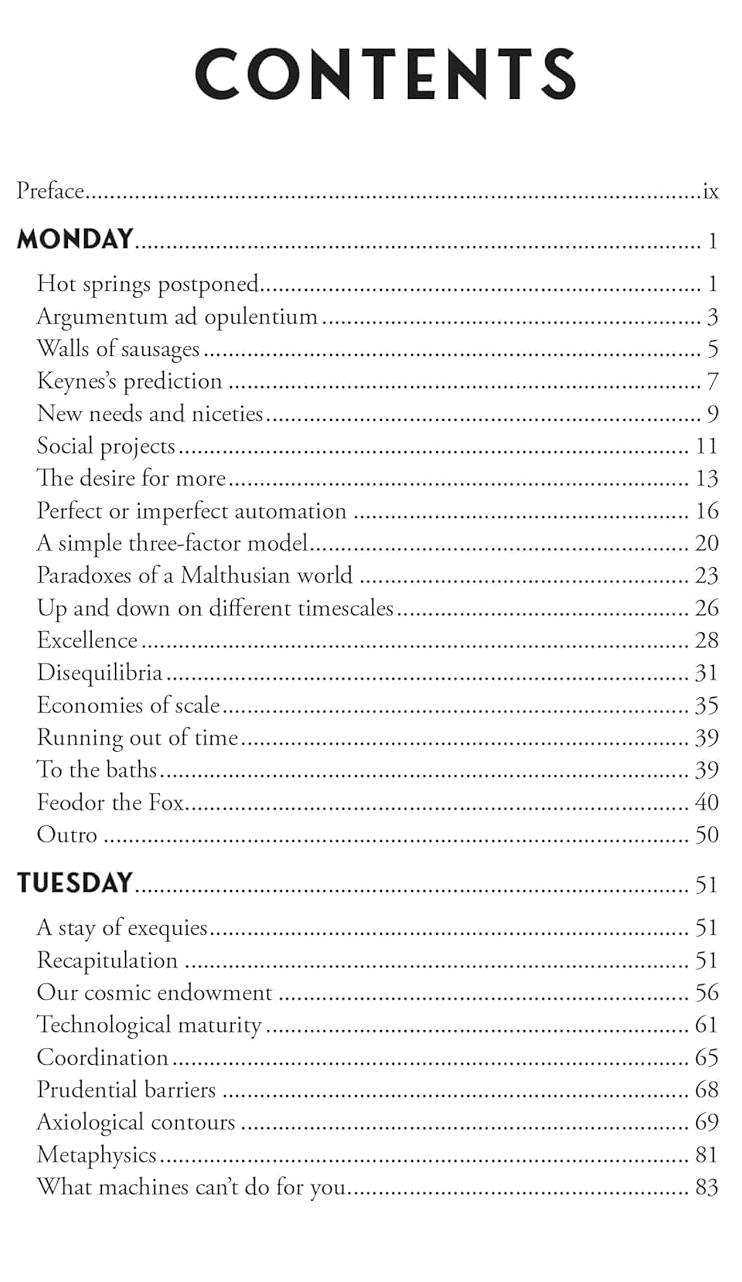
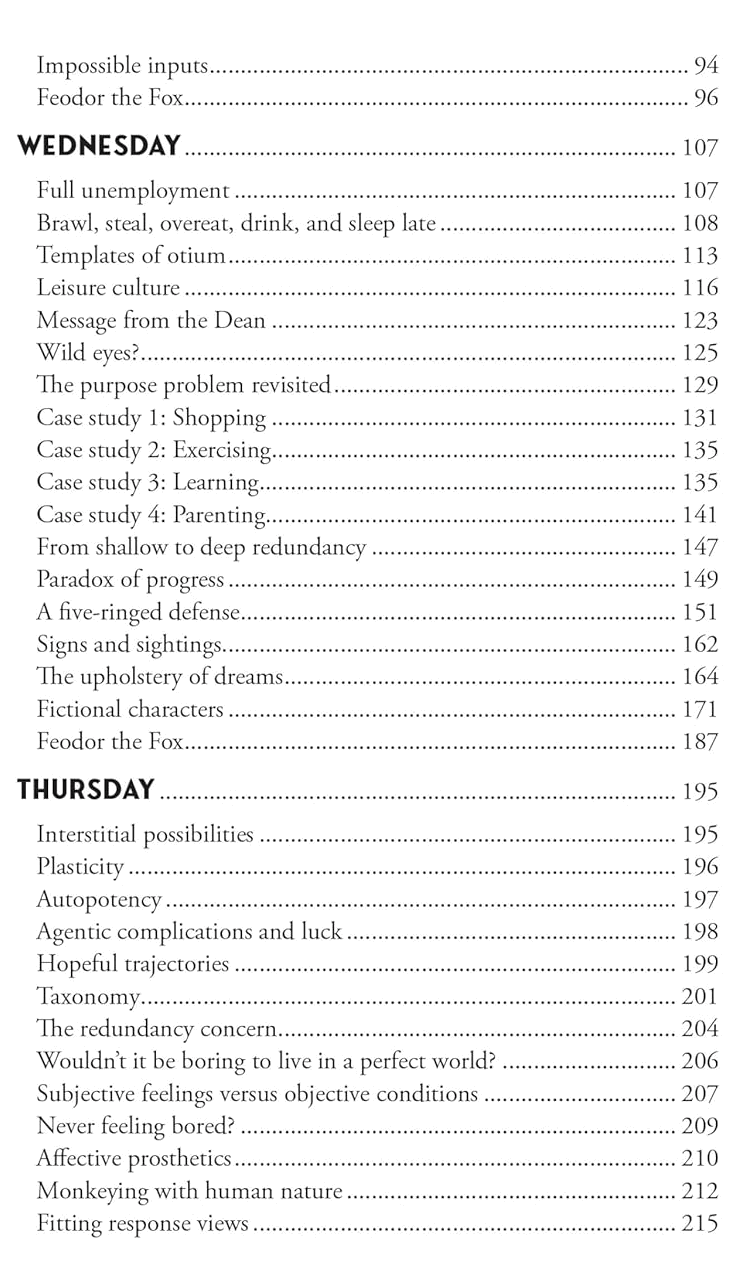
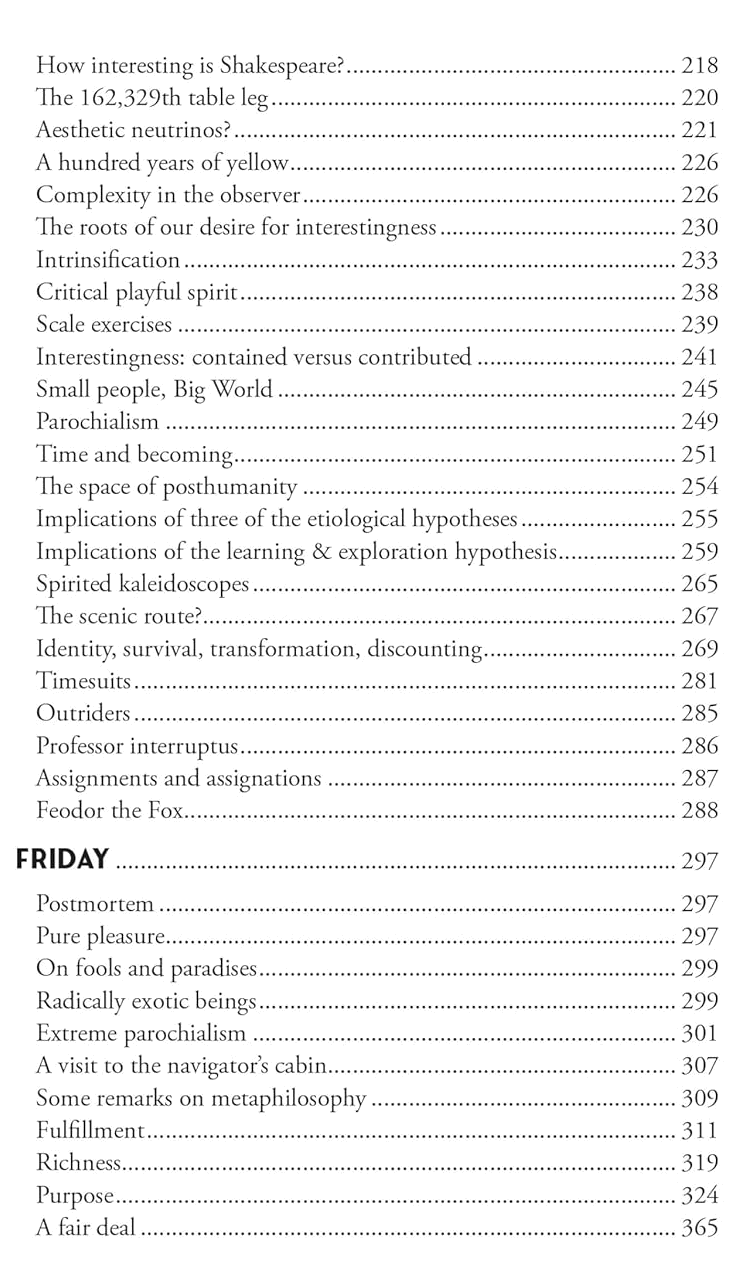
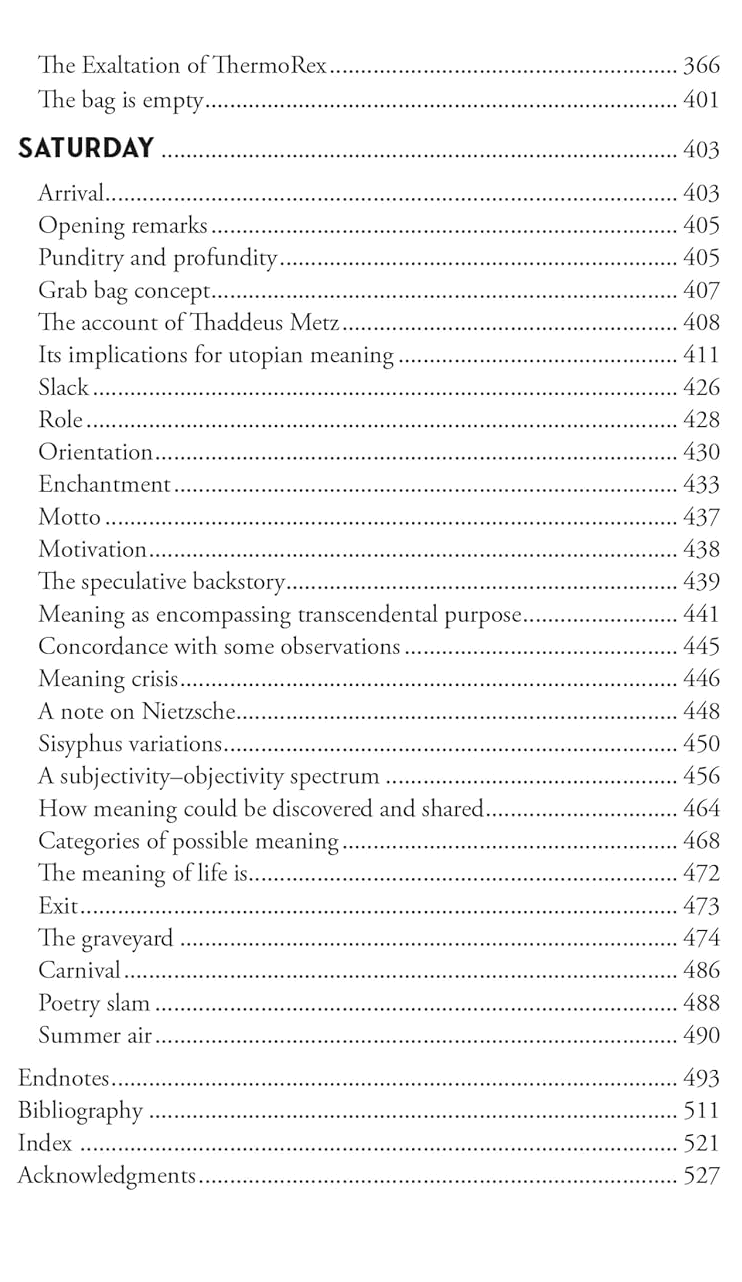
“Wow.”
—Prof. Erik Brynjolfsson, Stanford University;
Co-author of ‘The Second Machine Age’
“A really fun, and important, book… the writing is brilliant… incredibly rich… a constant parade of fascinating ideas.”
—Prof. Guy Kahane, University of Oxford
“Brilliant! Hilarious, poignant, insightful, clever, important.”
—Prof. Thaddeus Metz, University of Pretoria;
Author of ‘Meaning in Life’
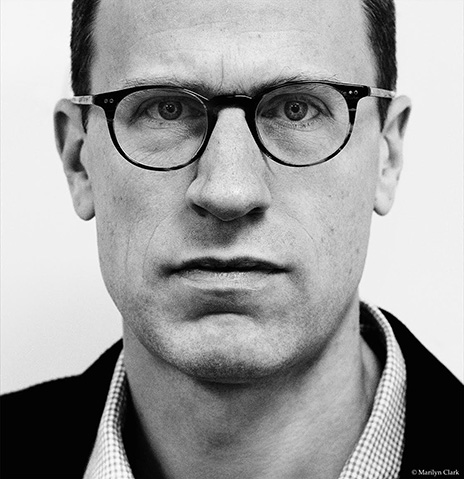
About the author
Nick Bostrom is a Professor at Oxford University, where he is the founding director of the Future of Humanity Institute. Bostrom is the world’s most cited philosopher aged 50 or under. He is the author of more than 200 publications, including Anthropic Bias (2002), Global Catastrophic Risks (2008), Human Enhancement (2009), and Superintelligence: Paths, Dangers, Strategies (2014), a New York Times bestseller which sparked a global conversation about the future of AI.
Bostrom's work has pioneered many of the ideas that frame current thinking about humanity’s future (such as the concept of an existential risk, the simulation argument, the vulnerable world hypothesis, the unilateralist’s curse, etc.), while some of his recent work concerns the moral status of digital minds.
His writings have been translated into more than 30 languages; he is a repeat main-stage TED speaker; and he has been interviewed more than 1,000 times by media outlets around the world. He has been on Foreign Policy’s Top 100 Global Thinkers list twice and was included in Prospect’s World Thinkers list, the youngest person in the top 15. He has an academic background in theoretical physics, AI, and computational neuroscience as well as philosophy.
Nick Bostrom's (occasional) newsletter:
Media contact: [email protected]. Press assets: see here.
